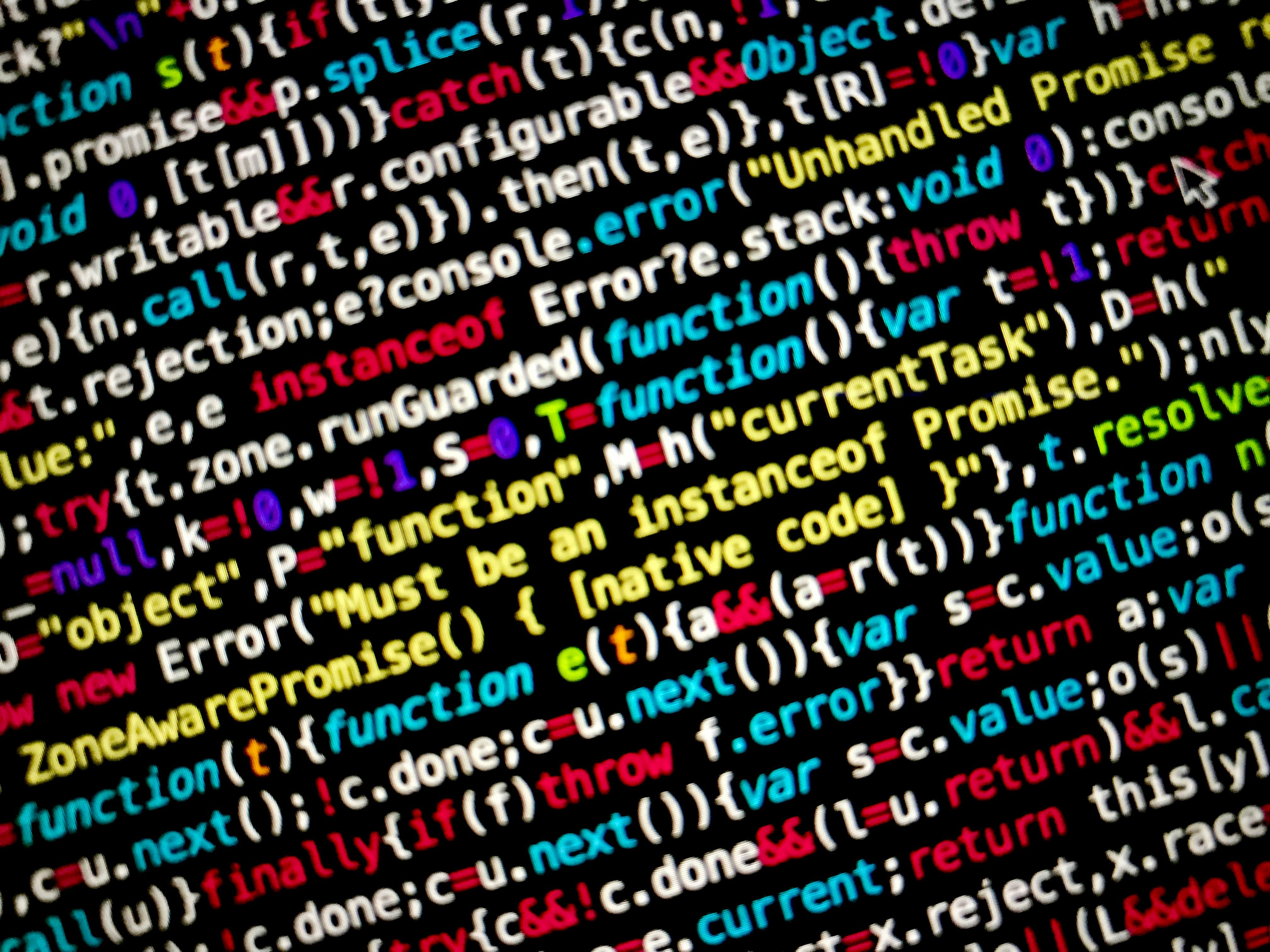Updating the digital platform: Navigating modern-day freedom of speech issues
Sparking Self-Fulfillment: The Vital Importance of Freedom of Expression
In a world where self-realization and contentment are paramount, freedom of expression serves as a crucial cornerstone. It allows us to strive for our highest aspirations and reach our full potential, each individual forging their unique path in a diverse society. The power to express oneself openly is deeply engrained in the human condition, and nowhere is this more evident than in the Philippines.
Freedom of expression holds a special significance in the Philippines, serving as the very tool wielded by the country's national hero, Dr. Jose Rizal, during the Spanish colonial period. Through his written works, he exposed the wrongdoings of the colonizers, sparking enlightenment among Filipinos and ultimately paving the way for the nation's independence. It is clear, then, that like in the Philippines, freedom of expression is the lifeblood of democracy, the foundation upon which all other rights rest.
Fast forward to today, and the 1987 Constitution of the Philippines explicitly guards the freedom of speech, expression, and the press, as well as the right to peacefully assemble and petition the government. This commitment to free expression forms a vital part of the Philippine identity, reflecting both individual rights and systemic requirements for popular sovereignty.
However, this freedom does not exist without challenge. In the ongoing struggle between the government and the people concerning the preservation of the liberty to speak and that of the press, conflicts emerge when the line between safeguarding rights and restricting freedoms becomes blurred. In many cases, the question arises as to whether this fundamental right is truly absolute.
With the emergence of social media platforms, communication has become more flexible and widespread, reaching a global audience and transcending geographical barriers. Yet, this newfound flexibility brings its own set of challenges, as we are once again confronted with the issue of freedom of expression's limitations.
Earlier this year, the House of Representatives' three committees – Public Order and Safety, Public Information, and Information and Communications Technology – summoned dozens of social media personalities for a hearing to investigate the spread of disinformation and fake news on digital platforms. The ensuing debate highlights a critical question: to what extent can Filipinos exercise their right to free speech and express their views freely, unhindered?
In order to maintain balance in a complex society, the State, through its police power, regulates these rights, ensuring that they do not remain entirely unfettered and unrestrained. The freedom to think may be absolute, but the power to express these thoughts in words and deeds is subject to limitations. In the Philippines, the Supreme Court upholds the "clear and present danger" doctrine, which emphasizes the proximity and degree of any potential harm or danger caused by words.
When the subject matter is of public interest, the doctrine of fair comment can serve as a valid defense, provided that the opinion was reasonably inferred from facts. Defamatory statements made against public officials concerning the discharge of their official duties are not punishable as long as made with actual malice. The exercise of true freedom of expression inherently involves errors and falsehoods, but these do not necessarily prove actual malice.
Freedom of expression is a fundamental right, essential to personal growth and the pursuit of truth. It is crucial to recognize the scope of this issue, as transparency and trust are the cornerstones of effective governance. Any deviation from these principles causes the public to demand better quality of state administration. If free speech were to be suppressed in the name of protecting government power, what kind of democracy would the Philippines still have? What lies ahead when people are silenced for opposing? It is of utmost importance to stand vigilant in the defense and advocacy of our rights, particularly during periods of political unrest.
Ultimately, it must be reiterated that every voice matters, even the smallest. Everyone has the right to speak and express themselves so long as they do not incite violence or infringe upon the rights of others. While there are limitations, the benefits of free expression far outweigh the challenges, upholding the very fabric of human rights, which we all deserve.
- In the Philippines, the humblest Filipino can use the freedom of expression to strive for their aspirations, mirroring Dr. Jose Rizal's actions during the Spanish colonial period.
- The government, lawmakers, and vloggers, among others, have a role in addressing inconsistencies in the exercise of the right to free speech and expression on social media.
- Justice and freedom are intertwined in the Philippine democracy, where the right to speak, assembly, and petition the government is essential for popular sovereignty.
- Despite the commitment to freedom of expression, there is a constant struggle between the government and the people to preserve the balance, as the line between safeguarding rights and restricting freedoms can become blurred.
- Filipino entertainers and political figures on social media must exercise responsibility in their speech, ensuring that their expressions do not incite violence or harm the rights of others while promoting general news, politics, and social-media entertainment.
- The Supreme Court in the Philippines upholds the "clear and present danger" doctrine, protecting free speech but penalizing speech that poses an immediate, clear, and present danger.
- The freedom to express opinion on matters of public interest is essential for a healthy democracy, as silencing voices during periods of political unrest can erode trust and undermine democracy itself.







